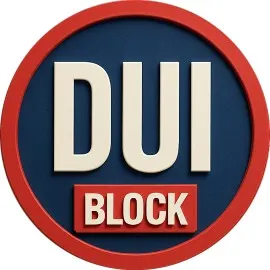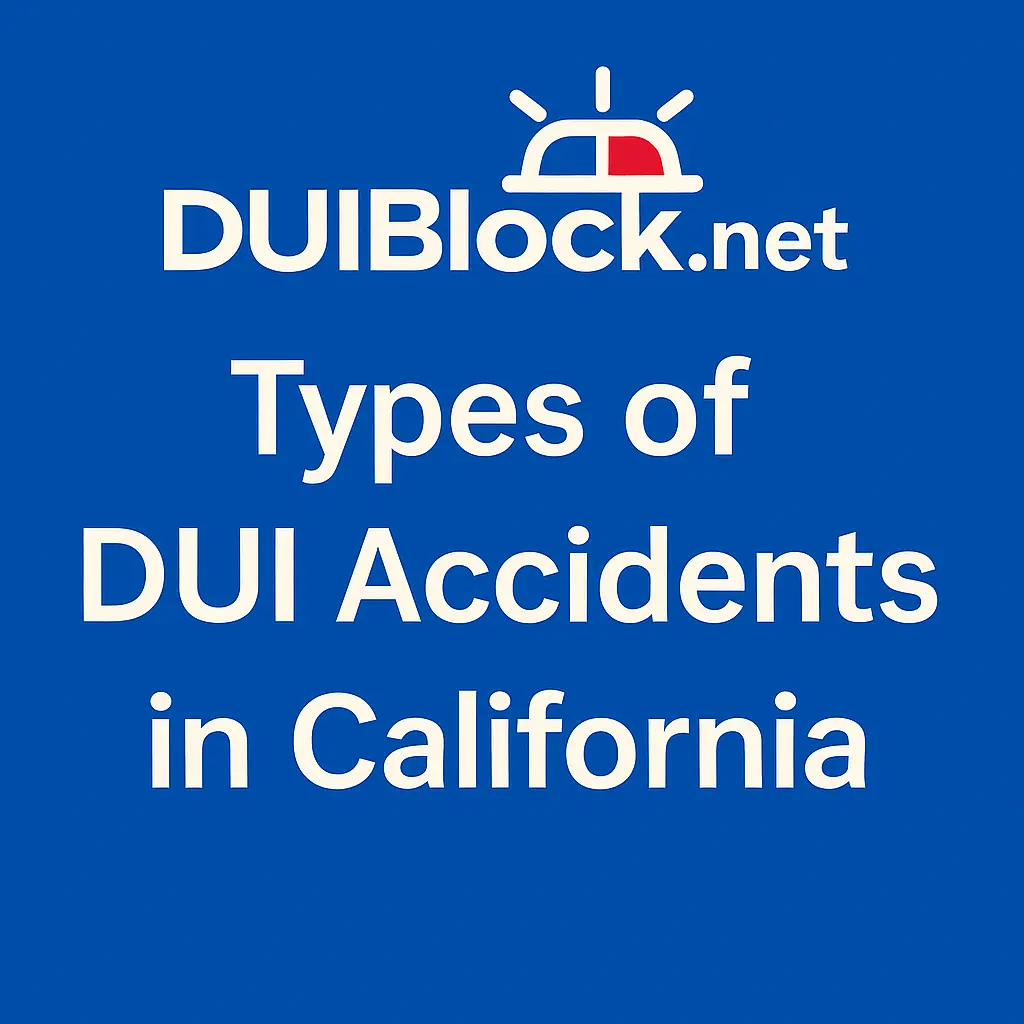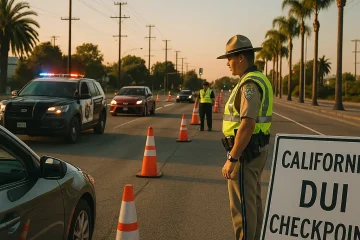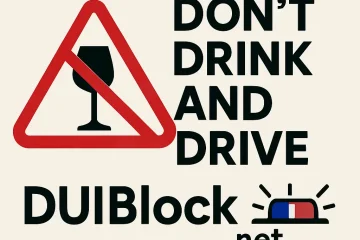Driving under the influence (DUI) is a serious offense in California, leading to severe legal consequences, especially when accidents are involved. Understanding the different types of DUI-related accidents can help individuals grasp the gravity of such offenses and the potential repercussions.
1. Rear-End Collisions
Description:
Rear-end collisions occur when a vehicle crashes into the one in front of it. Impaired judgment and delayed reaction times due to alcohol or drugs often contribute to such accidents.
Example:
A driver under the influence fails to notice traffic slowing down ahead and crashes into the back of another vehicle on the freeway.
Legal Reference:
-
California Vehicle Code § 23152(a): Prohibits driving under the influence of alcohol or drugs.
Consequences:
-
Misdemeanor charges for first offenses.
-
Fines ranging from $390 to $1,000.
-
Possible jail time up to 6 months.
-
License suspension for up to 6 months.
-
Mandatory DUI education programs.
2. Head-On Collisions
Description:
Head-on collisions are among the most dangerous, often resulting from a DUI driver veering into oncoming traffic.
Example:
An intoxicated driver crosses the center line on a two-lane road, colliding head-on with another vehicle.
Legal Reference:
-
California Vehicle Code § 23153(a): Addresses DUI causing injury.
-
California Penal Code § 191.5(a): Pertains to gross vehicular manslaughter while intoxicated.
Consequences:
-
Felony charges.
-
Prison sentences ranging from 4 to 10 years.
-
Fines up to $10,000.
-
License revocation.
-
Mandatory restitution to victims.
3. Side-Impact (T-Bone) Collisions
Description:
These occur when the front of one vehicle strikes the side of another, commonly at intersections.
Example:
A DUI driver runs a red light and crashes into the side of a vehicle crossing the intersection.
Legal Reference:
-
California Vehicle Code § 23153(b): DUI with a BAC of 0.08% or higher causing injury.
Consequences:
-
Misdemeanor or felony charges based on injury severity.
-
Jail time up to 1 year (misdemeanor) or prison up to 4 years (felony).
-
Fines up to $5,000.
-
License suspension or revocation.
4. Accidents Involving Pedestrians or Cyclists
Description:
DUI incidents involving pedestrians or cyclists often result in severe injuries or fatalities.
Example:
An intoxicated driver fails to yield at a crosswalk, striking a pedestrian.
Legal Reference:
-
California Vehicle Code § 23153: DUI causing injury.
-
California Penal Code § 191.5(b): Vehicular manslaughter while intoxicated without gross negligence.
Consequences:
-
Felony charges.
-
Prison sentences ranging from 2 to 6 years.
-
Fines up to $10,000.
-
Mandatory restitution to victims’ families.
5. Multi-Vehicle Pileups
Description:
These involve multiple vehicles and are often caused by a DUI driver losing control.
Example:
A drunk driver swerves on the highway, causing a chain reaction involving several vehicles.
Legal Reference:
-
California Vehicle Code § 23153: DUI causing injury.
-
California Penal Code § 191.5(a): Gross vehicular manslaughter while intoxicated.
Consequences:
-
Multiple felony charges.
-
Extended prison sentences.
-
Significant fines.
-
Civil lawsuits from multiple parties.
6. Property Damage Accidents
Description:
DUI drivers may crash into stationary objects like buildings, fences, or parked cars.
Example:
An intoxicated driver loses control and crashes into a storefront.
Legal Reference:
-
California Vehicle Code § 23152: General DUI provisions.
-
California Vehicle Code § 20002: Duty to stop at the scene of an accident involving property damage.
Consequences:
-
Misdemeanor charges.
-
Fines up to $1,000.
-
Jail time up to 6 months.
-
Mandatory restitution for property damage.
7. Single-Vehicle Accidents
Description:
These involve only the DUI driver’s vehicle, such as veering off the road or hitting a tree.
Example:
A driver under the influence crashes into a guardrail after losing control.
Legal Reference:
-
California Vehicle Code § 23152: DUI offenses.
Consequences:
-
Misdemeanor charges.
-
Fines ranging from $390 to $1,000.
-
Jail time up to 6 months.
-
License suspension.
-
DUI education programs.
Legal Implications and Penalties
The severity of penalties for DUI accidents in California depends on factors like injury severity, prior offenses, and specific circumstances. Here’s a general overview:
Misdemeanor DUI with Injury:
-
Jail time up to 1 year.
-
Fines up to $5,000.
-
License suspension up to 3 years.
-
DUI education programs.
-
Restitution to victims.
Felony DUI with Injury:
-
Prison sentences ranging from 2 to 4 years.
-
Additional 3 to 6 years if victims suffer great bodily injury.
-
Fines up to $5,000.
-
License revocation.
-
Habitual Traffic Offender (HTO) status.
Vehicular Manslaughter While Intoxicated:
-
Prison sentences ranging from 4 to 10 years.
-
Fines up to $10,000.
-
License revocation.
-
Restitution to victims’ families.
Conclusion
Understanding the types of DUI accidents and their legal consequences in California is crucial. The state’s stringent laws aim to deter impaired driving and protect public safety. If you or someone you know is involved in a DUI incident, it’s imperative to seek legal counsel immediately to navigate the complex legal landscape.
Note: This article is for informational purposes only and does not constitute legal advice. For specific legal guidance, consult a qualified attorney.
FAQs
1. What is considered a DUI accident in California?
A DUI accident happens when a driver under the influence of alcohol or drugs causes a crash—whether it’s with another car, pedestrian, cyclist, or even property.
2. Is a DUI accident a felony in California?
It depends. If someone is injured or killed, it can be charged as a felony under California Vehicle Code §23153. If it’s a first-time offense and no one is hurt, it’s usually a misdemeanor.
3. What happens if you cause an injury while driving under the influence?
You can be charged under California Vehicle Code §23153, which is a felony DUI causing injury. Penalties include up to 4 years in state prison, large fines, and license suspension.
4. What is the legal BAC (blood alcohol content) limit in California?
-
0.08% for adults over 21
-
0.04% for commercial drivers
-
0.01% for drivers under 21
5. Can you go to jail for a DUI accident with no injuries?
Yes. Even if no one is hurt, you could still face jail time, especially if it’s not your first offense or your BAC is very high.
6. What law applies if someone dies in a DUI crash?
You may be charged under California Penal Code §191.5, which covers vehicular manslaughter while intoxicated. This can lead to years in prison, especially if it involved gross negligence.
7. Can you be sued for a DUI accident?
Absolutely. Victims (or their families) can file a civil lawsuit to recover damages for medical bills, pain and suffering, lost income, or wrongful death.
8. Will your license be suspended after a DUI accident?
Yes. The California DMV can suspend your license automatically—even before your court case is over.
9. How long does a DUI stay on your record in California?
A DUI stays on your driving record for 10 years. During that time, it can increase penalties for any future DUI offenses.
10. Can you get a DUI for drugs, not alcohol?
Yes. Driving under the influence of any drug, including marijuana or prescription meds, is illegal under Vehicle Code §23152(f).
11. What should I do right after a DUI accident?
-
Stop and check for injuries
-
Call 911
-
Stay at the scene
-
Do not admit fault
-
Call a DUI attorney ASAP
12. Can I refuse a breathalyzer test after an accident?
Technically yes, but you’ll face automatic license suspension and possibly increased penalties. California has an “implied consent” law.
13. What are some common DUI accident penalties?
-
Fines up to $10,000
-
Jail or prison time
-
Probation
-
DUI education programs
-
Vehicle impoundment
-
License suspension or revocation
14. Can a DUI accident affect my car insurance?
Yes. Your insurance rates will skyrocket, and your insurer might even cancel your policy. You’ll likely need SR-22 insurance to get your license back.
15. Is it worth hiring a DUI lawyer after an accident?
Definitely. DUI accidents are serious, especially if injuries or deaths are involved. A skilled DUI attorney can protect your rights, negotiate lesser charges, and help you avoid jail.



